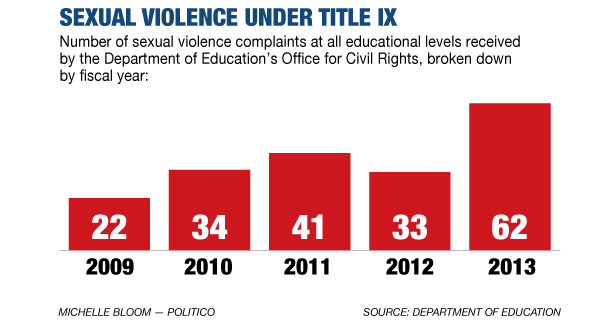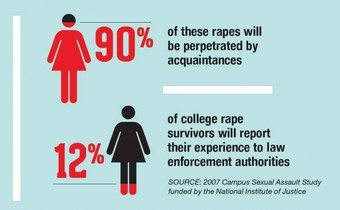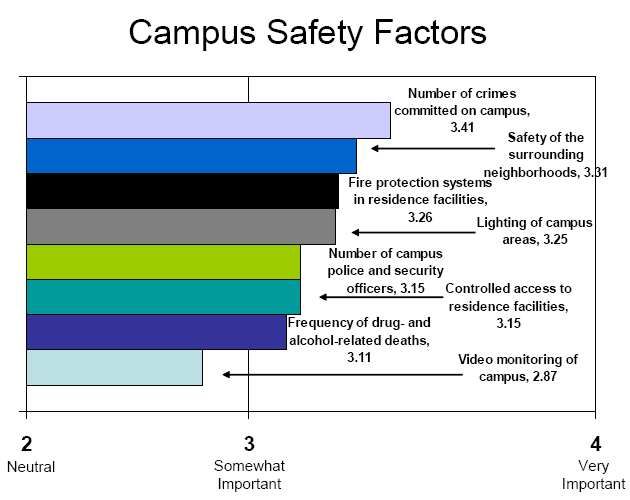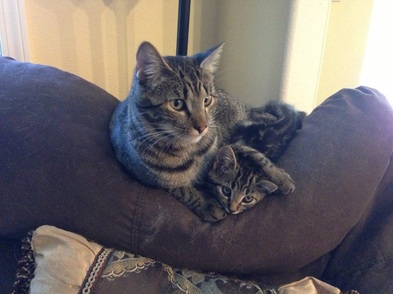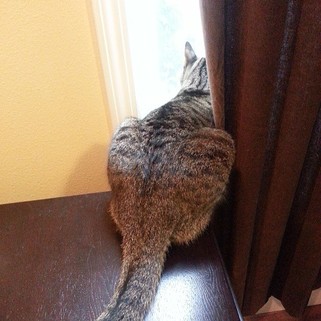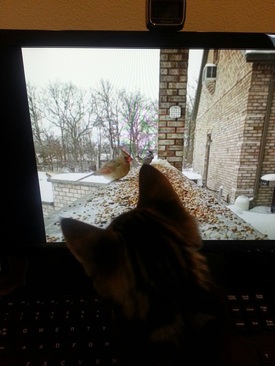After my freshmen year wrapped up, I was excited to win a summer internship through the University of Notre Dame's Center for Social Concerns in my then-hometown of Cincinnati. I was assigned to work at a downtown youth center, charged with the task of managing a room of 50-some six and seven-year-olds for the day.
On my first day, my boss showed me to the room, where kids were already running around, whooping, yelling, jumping, and told me, "You can do as much or as little with them as you like. Just make sure nobody dies."
M'kay.
Well, that wasn't going to work for me, and fortunately, the woman who was assigned to the room part-time wasn't a fan of chaos either. So we devised a schedule that included playtime, crafts, reading hour, and a post-lunch nap (which originally inspired mutinous murmurings until the tired kiddos dropped off one by one to snooze for a blessedly quiet 30 minutes).
Every day was hectic, but I grew to love the job. The kids could be equal parts infuriating and endearing, and I was never short on stories to bring home.
There was only one problem - his name was Jack* (*not his real name) and he was making me increasingly uncomfortable.
Jack was a good 20 years older than I, who walked with a limp. He was friendly, and I appreciated adult conversation when he first started to come and find me during staff lunch hour.
But then he wouldn't leave me alone. Every time I looked up, he was either watching me from afar or creeping into my room, even though he was in charge of a different section in the club. Jack asked me for rides to his bus stop, and when I hemmed (unsure I wanted to be alone with him in my car), he protested that he would be vulnerable to a mugging if I didn't take him. At work, I had to cut him off mid-sentence to pay attention to the kids, who needed supervision.
I would make up reasons to avoid him, unable to put my finger on what was making me so supremely unhappy to be in the same space as him.
Until one day, when it became very clear what he had been working towards.
I was trying to escape him yet again, by playing with the kids. In front of a group of six-year-olds, he said, "You look sexy today!"
I cringed even as I write that now because it was so NOT my intention (I am an extremely modest dresser) and incredibly humiliating - believe me, when you're dressing to spend the day with kids who intermittently draw on you, sneeze on you, and even barf on you, nobody should be accusing you of dressing for that kind of attention.
I managed to spit out, "That is completely inappropriate. You should never say anything like that in front of children and you are not allowed to say that to me. Never say it again."
And he put up his hands defensively - whoa, whoa, I was just trying to give you a COMPLIMENT.
And he didn't stop after that.
I spent the rest of the summer doing my best to actively avoid him, becoming increasingly anxious about going to work, and having nightmares. Finally, one night, my mother noticed I kept putting off going to bed. She nicely asked me, "Is something going on at work?"
I burst into tears and told her. My parents wanted me to report it to the boss, but I protested, worried that the university would hear, and wouldn't send future volunteers to a place than genuinely needed the extra help. Additionally, I was embarrassed, and didn't want anyone to know what was going on.
So I stuck it out, miserable. And then the next summer, after learning Jack had been sent to work at another club, I happily returned to work with the kids once more.
I'm so glad I did because one week we were short on staff, and a neighboring club sent two workers over - on of whom was Jack.
My nightmares, humiliation, and fear had dissipated over the year, replaced only by anger.
He moved to come talk with me. Before he could say a word, I put my hand up and said, "Listen to me. You are not allowed to talk with me while you are here. You are not allowed to come near me. You are not allowed to watch me while I'm working. Stay away from me or I will report you."
He stayed away. And I finally had some peace.
When I began writing this, I mentioned that 10 years ago I would have been humiliated to share this. What changed? After confronting Jack, I didn't feel like a victim anymore. In the end, I took control of the situation.
It took me too long to realize that sexual harassment can start out subtle, but it's still worth protesting. Otherwise it escalates.
The Problem With Statistics
The commonly accepted statistic is that 20%-25% of women will be the victim of an attempted or completed rape while in college.
Let's pause and examine this.
Problem 1 - This figure reflects the number of reported incidents. Many rapes go unreported for reasons that will be discussed below.
Problem 2 - Despite the Jeanne Clery Act, which requires schools to report on-campus sexual assault cases to the Department of Education, many universities try to handle these incidents internally and never pass on the actual data.
Problem 3 - Rape isn't the only kind of sexual assault to watch out for. Students need to be wary of verbal and physical advances that also constitute sexual harassment.
Problem 4 - It focuses on females. Men are victims of sexual violence as well.
What We Do Know
- Freshmen and sophomores are most likely to be victims
- Alcohol is often involved, with either or both the assailant and victim being intoxicated during the attack
- People often know their attackers - in fact, many incidents take place during a date
- 30% of college women consider suicide after being raped
Why Incidents Go Unreported
You're not sure it what happened to you "counts"
Sexual harassment can be subtle or overt unwanted verbal advances. It can be unwanted hugging or touching. It can be attempted, but uncompleted, rape. The key is "unwanted." If someone refuses to comply when you ask them to stop or physically fight them off, it counts.
I never said no.
Resigning yourself to verbal or physical harassment is not the same thing as consent. Figuring it would be safer to let the attacker do what he/she is doing, and then try to escape, is not consent. Anything that is not an emphatic yes is a NO.
I'm worried people will say I was "asking for it" because _______.
I don't care if you were walking around in the world's shortest skirt, had five drinks too many, or trusted the person who asked you back to his/her dorm room. You didn't ask for it. That's called victim blaming and it's repugnant.
Don't you dare do this to someone who tells you that they have been sexually harassed or assaulted.
I'm embarrassed I let this happen.
You didn't "let" anything happen. A person decided to make this happen to you. I was embarrassed about being the victim of harassment, but my humiliation was unfounded. I was not the one misbehaving. I had nothing to be ashamed of, and neither do you.
I'm afraid of getting in trouble too, since I was drinking underage at the time of the attack.
Schools are supposed to have an open policy for students reporting sexual crimes, where the victims are not punished or blamed alongside the perpetrator. If you find your school is pushing back on you, take it to a parent, trusted advisor, or counselor. And if you need to get off-campus authorities involved as well, you may.
I don't want to ruin his/her life...
Ok, but did this person have the same consideration for the impact their unwanted actions were going to have on your life? Now is not the time to feel sorry for the attacker. Do not feel guilty for making him/her take responsibility for their crime.
It was a few weeks ago. What's the point in telling now?
No matter when you are ready to tell, it's always relevant to report to campus authorities and/or seek professional help for what happened.
Who do I tell?
Anyone you want. You can start with your roommate, your best friend, your parents, a campus counselor, the campus police, or consult someone in your school's Office of Sexual Assault.
I'd rather pretend it never happened.
You are not obligated to tell anyone at all, if you choose. But please do not let the aforementioned reasons be a deterrent to getting the help you need.
How Do I Stay Safe?
However, students do report several cases where the university pressures the victim to drop charges so that the perpetrator can return to school. Some schools have ridiculous policies where they blame the victim as well, if underage drinking is involved. This is not ok, and more and more students on college campuses are speaking out about this.
That being said, there are plenty of measures you can take to stay safe on campus. In the next post, I will discuss how students can feel more confident about taking control of their safety on campus.
